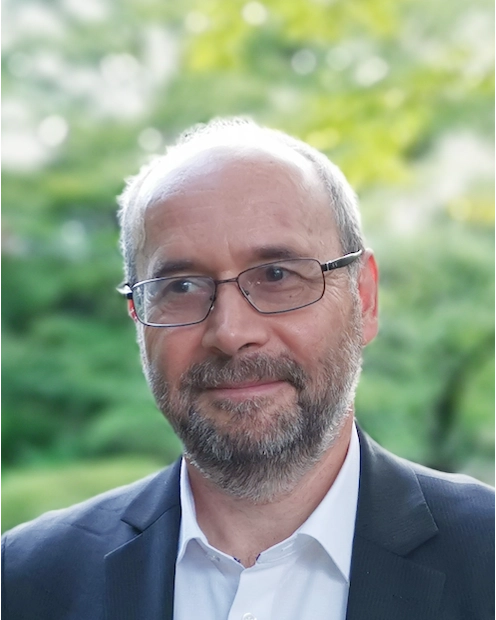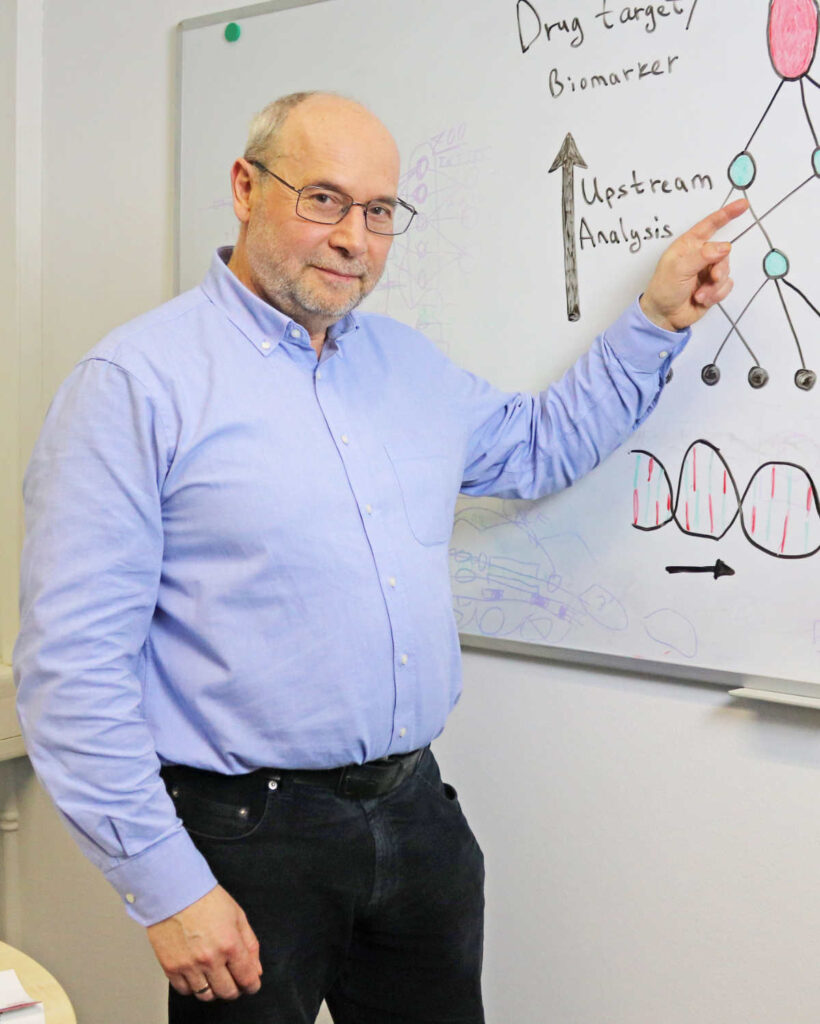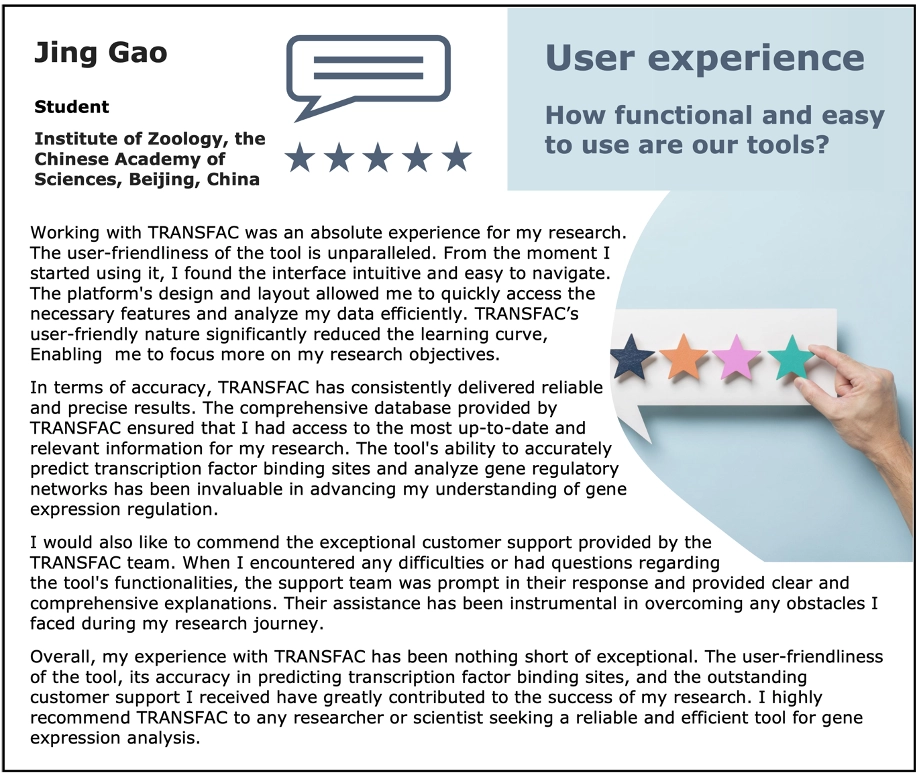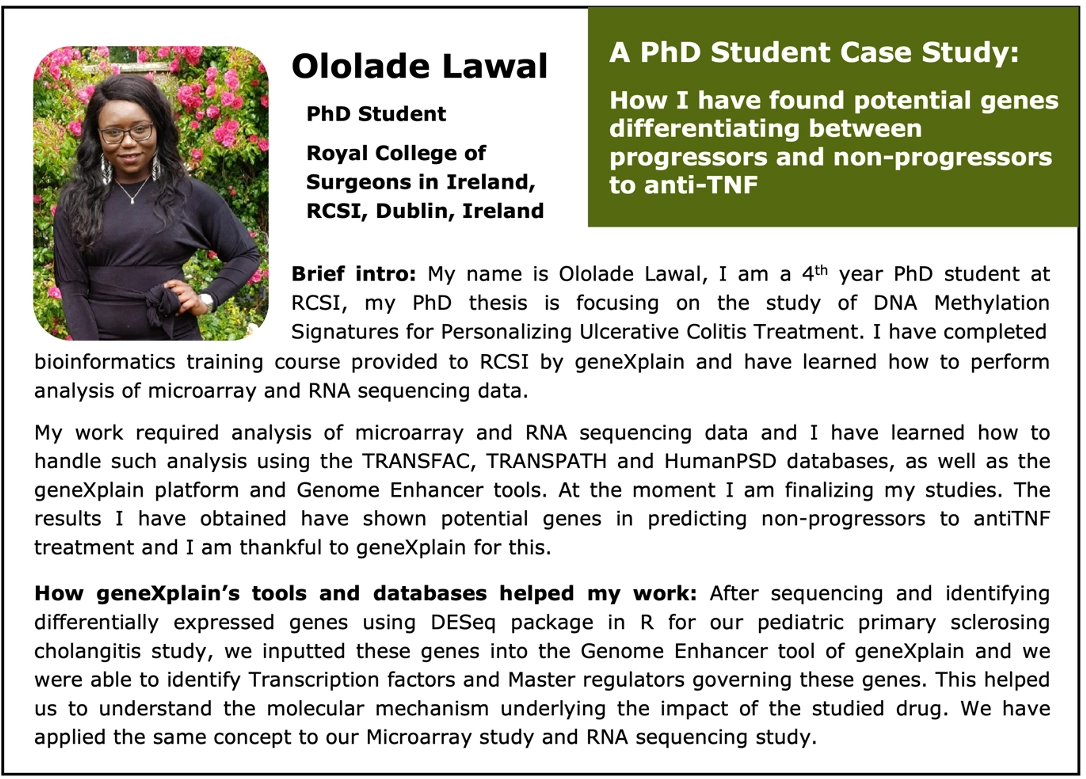Your first TRANSFAC analysis
Q&A: Coffee break with TRANSFAC
Event was held on 16th of April, 2024
FREE online seminar
Seminar Description
In this webinar Dr. Alexander Kel, the CEO and CSO of geneXplain GmbH, will introduce to you the basic principles of promoter analysis and identification of transcription factor binding sites. You will learn how to use TRANSFAC and perform your first steps towards the understanding of gene regulation.
The following main questions will be in the focus at this seminar:
What you will learn in this webseminar
Seminar Schedule
The session was held on April 16, 2024 with a lecture from Prof. Alexander Kel (approx. 1 hour) and was continued with a Q&A session addressing the questions coming from the attendees of the online event (approx. 30 minutes).
Information resources
What You Get
The Lecturer

Prerequisites
Basic knowledge of biochemistry and molecular biology. No programming skills are required.



